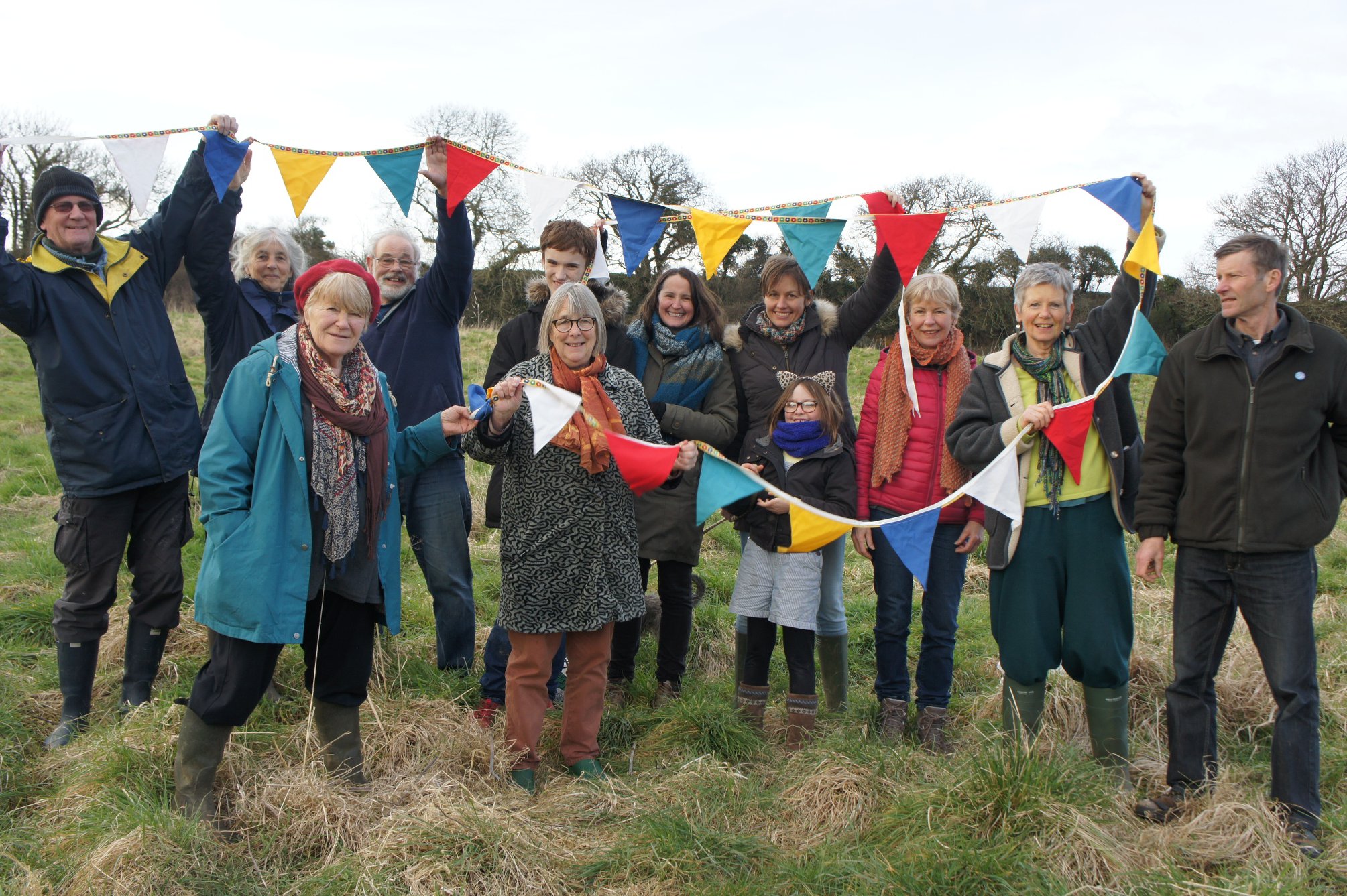Reflections from an outsider
 On 4 May I had my first ‘fieldwork’ experience in London, where I’m spending a few months as a visiting researcher from Barcelona. I attended a focus group organised by the OWCH research collective, of which LSE forms part, with recent residents of the Older Women’s Cohousing Project (OWCH) in Barnet, North London. This workshop is one of four participative research sessions funded by an Averil Osborn award.
On 4 May I had my first ‘fieldwork’ experience in London, where I’m spending a few months as a visiting researcher from Barcelona. I attended a focus group organised by the OWCH research collective, of which LSE forms part, with recent residents of the Older Women’s Cohousing Project (OWCH) in Barnet, North London. This workshop is one of four participative research sessions funded by an Averil Osborn award.
The goal was collectively to explore issues, themes and lessons from the ‘first 100 days’ of living in OWCH. The meeting, which had just begun when I arrived, was held in the building’s collective space where there are books, a huge TV screen, an amazing kitchen and a set of chairs and tables in a wonderful selection of colours and shapes. Everything looked new and well thought out. About 10-12 women of different ages, attitudes and styles, all older than me (50), attended. I was surprised by their diversity and by their common commitment to the shared project. I learned that one third of the flats were owned and managed by the Housing for Women housing association as social housing, while the remainder had been bought by their occupants.
The development has three floors: the ground floor opens onto the garden while all the other apartments have balconies. The women hold a communal lunch/dinner every week, one on a weekday the other on the weekend- a social tool that helps maintain the group atmosphere. I later discovered the beautiful inner garden that they share and the allotments where they can grow their own vegetables.
After introductions and indications by the facilitators, the women were asked to write down the most important issues to arise for them during the initial move-in period. We discussed them in small break-out groups, then again in a full group session after a pot-luck lunch.
Some of the main issues identified included:
- Balance: between the private and the collective; between private homes and collective spaces; even between their life at OWCH and the rest of their life.
- Dwellings: practical problems: furniture delivered (or not), appliances, etc.
- Feeling of home: some felt at home from the first day and others felt like they were still transitioning.
- Group governance: the protocols for decision-making are well-developed, and there is an elected management board. Some noted the sheer number of meetings since moving in, and the amount of time spent in them.
- Conviviality and living collectively: Many were very happy to share their life with others, including activities inside and outside the community, and enjoyed reconnecting after spending some time out (holidays or work).
- Single voice: Despite difficulties, the group was acting as one, driven by the commitment to the project and its evolution.
- Adapting: collective life requires learning to be consensual and compromise on all sorts of things, including small issues like the colours of flowers or the amount of greenery in their collective garden.
Some things stood out from the discussion: the women’s strong personalities, their positive attitude towards the future and their expectations for growth, progress and learning with the project—always through consensus decision-making. Tenure and finances were rarely mentioned despite lack of clarity about some collective bills. Even though many experienced difficulties before moving in (some were homeless for as much as six months after selling their previous houses) they were all very positive about their decision and exhibited a strong sense of collective belonging. During the 16 years it took to bring this cohousing project to fruition, group members developed a strong sense of community and learned to understand each others’ perspectives. The long history says much about, amongst others, how long it takes to find like-minded people, to find a plot of (affordable) land, to develop the project and articulate management structures in a place like London.
To my surprise, none of them said gender was a driver when they joined the project but all recognised that it worked and were happy that it was all women. Similarly, the group exhibited a great deal of self-understanding, including a clear sense of their status as innovators in living collectively as older people. This is not sheltered housing; there is something much more important going on in their project which one of them summarised as ‘a question of love and care for others’.






Hi Montserrat,
Thanks for such a lovely, perceptive piece about our cohousing living experience at New Ground, Barnet. I couldn’t be there when you came as I still work part time. Sorry I missed you.
It has taken such a long time just get to moving in and “living the dream” it is incredible that now it seems so natural. For me, all the difficulties are over ridden by the desire to make it work. Despite being quite opinionated women, the benefits of living in a community seem so obvious to us we are prepared to park our egos and find a way. It also helps to have a strong sense of humour!
Thanks once again,
Diana